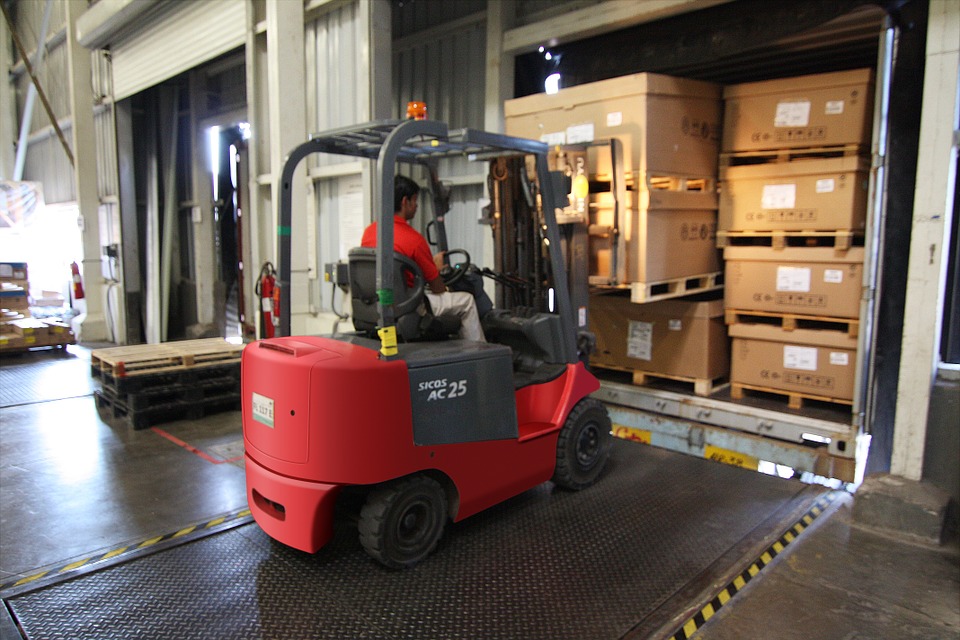
You’d be hard-pressed to find a manufacturing facility, construction operation or power plant that isn’t dependent upon heavy machinery. Since such machinery is the cornerstone of these businesses, it’s only fitting that these tools be meticulously maintained. In the absence of proper maintenance, heavy machinery is liable to become unreliable and unable to operate at peak efficiency. Fortunately, keeping heavy machinery in prime condition is much easier than many enterprises realize. Companies looking to keep their most essential tools up and running for years to come will be well-served by the following tips.
Don’t Let Problems Linger
When it comes to heavy machinery maintenance, prompt responses to seemingly minor issues can save you a considerable amount of time, money and hassle. If small problems are allowed to linger, they have a tendency to become more serious – and therefore more expensive to fix. Additionally, heavy machinery that isn’t operating at peak efficiency can pose a number of dangers to machine operators. With this in mind, make a point of nipping minor problems in the bud. The sooner an issue is remedied, the less likely it is to turn into a significant problem. While it can be tempting to take a “wait and see” approach to minor issues, this ultimately stands to put machine functionality, employee safety and the livelihood of your enterprise at risk.
Have Equipment Serviced as Needed
No matter how reliable a piece of heavy machinery is, the occasional tune-up is required to ensure peak efficiency. The frequency of such tune-ups depends on the type of equipment you’re working with, as well as said equipment’s manufacturer and model. For best results and maximum safety, have each of your industrial tools serviced as often as the manufacturer recommends. Regular tune-ups can help ensure that minor problems don’t become serious issues and keep every one of a tool’s components in prime condition. Following the manufacturer’s recommended maintenance schedule can also help prolong the life of an industrial tool, thereby guaranteeing a solid return on your investment.
Use Equipment as Recommended
When searching for predictive maintenance solutions, look no further than the manuals for your industrial tools. Many tools have very specific guidelines regarding the way they should be used, and failure to adhere to said guidelines can result in damaged equipment and injured operators. Using tools in an improper fashion or pushing them past their limits stand to reduce their respective life-spans or cause immediate breakage. For this reason, it’s imperative that every machine operator be well-versed in handling the tools they’ve been assigned. Furthermore, consequences should be imposed on operators who wantonly use machinery improperly.
Heavy machinery and industrial tools are far from a small investment. In light of how vital they are to the success of many enterprises, it behooves every cost-conscious company to stay on top of repairs and maintenance. In order to get the ultimate return on your investment, you’ll need to keep your equipment in good condition and have it serviced at the first sign of trouble.



